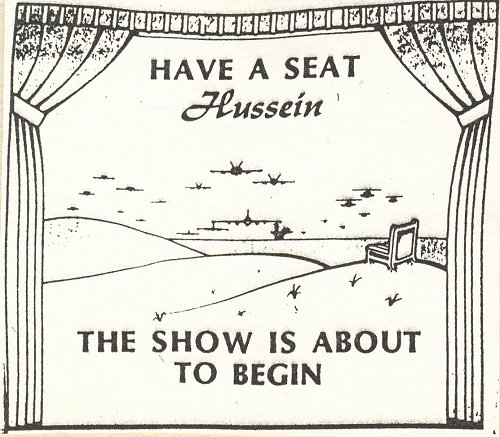What are the effects of these two sets of policies on each other?! -Cold War & Oil-
The Cold War's policy was the Truman Doctrine, "the policy of the United States to support free peoples who are resisting attempted subjugation by armed minorities or by outside pressures.” (President Truman). The United States had a policy on oil, which was The United States policymakers encourage the U.S. oil companies to begin looking over sea's for new oil reserves. These two policies effect each other because the Truman Doctrine was basically saying that Truman supports free people who have been taken over by foreign minorities.
So, therefore, if the U.S. is oversea's helping freed people, the US could look into oil reserves.
What are the effects of these two sets of policies on each other?! -Oil Policy & Ara-Israeli Conflict-
The Oil Policy was United States policymakers encourage the U.S. oil companies to begin looking over sea's for new oil reserves, and the Arab-Israeli Conflict policy is also the Truman Doctrine and giving money to Israel to help them. Both the Cold War and the Arab-Israeli Conflict have similar policies. The Unites States and Russia were super powers, and the Unite States were against Russia, so the US wanted to get allies and so they thought of Israel as an option to befriend. They supplied Israel with aid and money. Once again if the U.S. is oversea's helping freed people, the US could look into oil reserves.
What are the effects of these two sets of policies on each other?! -Arab-Israeli Conflict & Cold War-
Both the Cold War and the Arab-Israeli policies support the Truman Doctrine. The oil embargo [stop selling oil to the US] was set because the United States was helping Israel out and Faisal Ibn Saud wanted the United States to help the Arabs.

